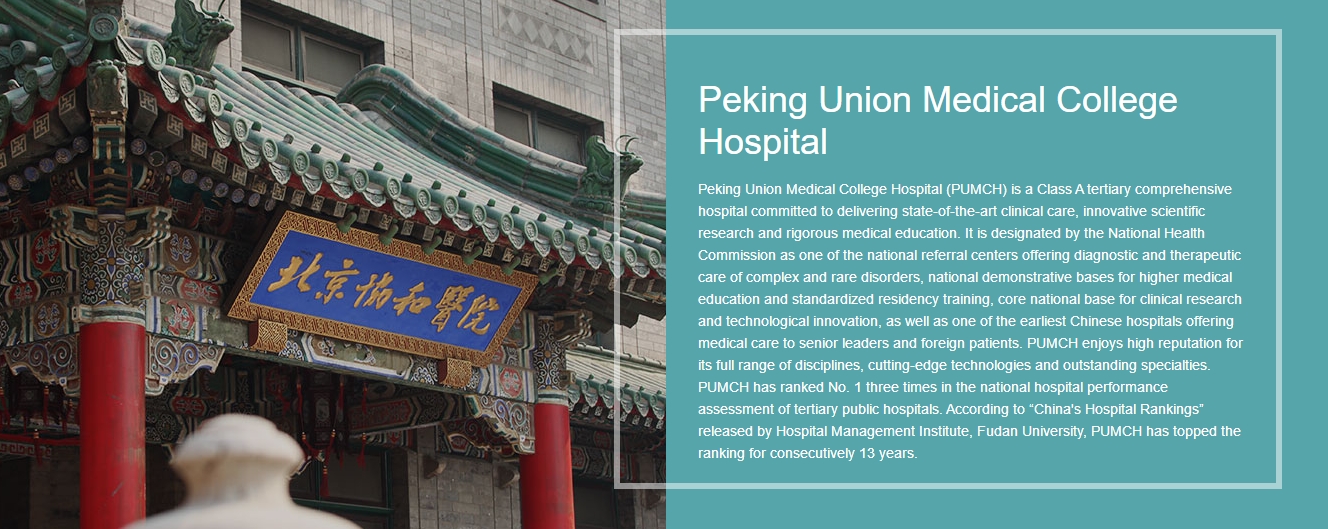🥰Chinese CAR-T Therapy: A Beacon of Hope for Lymphoma Patients🥰
🥰Chinese CAR-T Therapy: A Beacon of Hope for Lymphoma Patients🥰
🌞In a groundbreaking development, the Hematology Department at Peking Union Medical College Hospital has achieved remarkable treatment outcomes with commercial CAR-T therapy since 2021.
🌞Meet Mr. Li, a 59-year-old with a history of hypertension. In September 2019, he noticed swelling in his right elbow, which worsened over three months, prompting concerns. After visits to multiple hospitals, he was diagnosed with Diffuse Large B-Cell Lymphoma (DLBCL). Further consultations revealed additional challenges: the presence of TP53 and MYD88 gene mutations, adding complexity to his case.
🌞Local hospitals initiated frontline treatments, utilizing drugs such as cyclophosphamide, prednisone, ibrutinib, and rituximab. While the initial treatment provided relief, it was short-lived. After six months of rest, Mr. Li experienced discomfort in his lower abdomen, leading to a subsequent diagnosis of DLBCL metastasis. Despite second, third, and fourth-line treatments at local hospitals, his condition remained uncontrolled.
🌞In December 2021, Mr. Li placed his last hope in the hands of the lymphoma team at Peking Union Medical College Hospital and underwent CAR-T therapy.
On December 27, 2021, the patient underwent a successful single-cell collection, followed by CAR-T cell infusion on January 20, 2022. Post-infusion, all indicators returned to normal, with only transient fever and CAR-T-related neutropenia observed. Targeted treatment promptly addressed these symptoms, leading to their resolution. One month after discharge, a complete response (CR) was achieved upon evaluation.
🌞Professor Wang Wei, drawing on clinical expertise, emphasized that:
TP53-mutated patients often exhibit limited response to conventional frontline treatments, making CAR-T therapy a potential benefit.
🌞For high-risk patients, especially those with dual expression and recurrence within 12 months, CAR-T therapy as a second-line treatment may yield benefits.
Post-CAR-T hematopoietic suppression, while common, requires nuanced management based on various factors. R-CHOP shows safety and efficacy in R/R DLBCL. Post-CAR-T bone marrow suppression is influenced by factors like prior chemotherapy lines, occurrence of CRS/ICANs, necessitating comprehensive clinical assessment and supportive care.
🌞In summary, CAR-T therapy presents a promising avenue for patients facing challenging lymphoma scenarios. The successful case of Mr. Li underscores the potential efficacy and safety of this innovative treatment at Peking Union Medical College Hospital.

#CART #Success #LymphomaTreatment #MedicalAdvancements #pekingunion #Chinesecart
